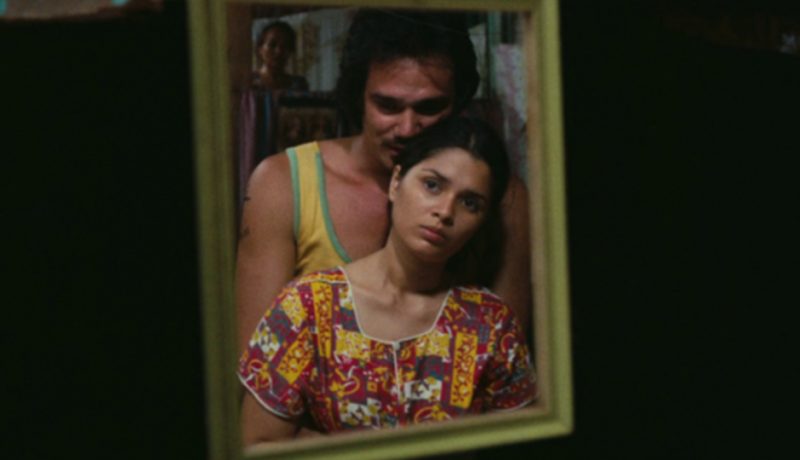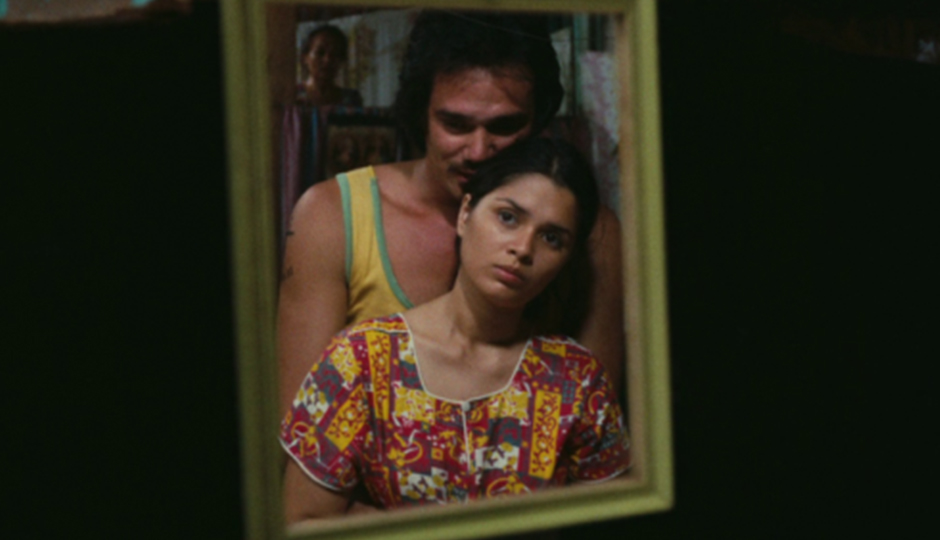
It angers me that rape and sexual abuse are so normalized under this patriarchal society. Reading news about violence against women, while it enrages me to the core, exhausts me because of how frequent they appear, as if perpetrators never learn. This is not to say that stories of violence against women shouldn’t be talked about, but it really makes me think: When will this inherent violence against women end?
Whenever a woman gets abused, our timelines get flooded with the same calls. We tirelessly educate people to stop victim blaming, that rape isn’t the victim’s fault, that it is not her clothes, and that as long as there are rapists, women couldn’t “simply avoid it.” Another scroll through our timelines and we see another set of people explaining what “men are trash” means, and counter-arguments that only serve to enable this culture of rape.
“Men are trash” is a phrase that contains in those three words the long history of violence and abuse (may they be physical, emotional, or mental) that men have done to women. It’s not meant to reduce their misdeeds into a simple catchphrase, or to immediately generalize men. Borrowing words from feminist artist Audrey Wollen’s brilliant piece, “It is simply a practical solution for a lack of time. I can tell you my life in patriarchal harm, but it would take the length of my life over. I only have one.”
It’s distressing to keep reading Christine Dacera’s case being turned into a social media crime issue, carelessly tackled like it’s petty theft, when it’s a complex and a layered case which should be handled with utmost sensitivity. It’s dehumanizing to see Dacera’s pictures passed around and highlighted without proper corroboration of information. Irresponsible reporting and discussions of sensitive issues like rape and abuse may perpetuate rape myths that should have been rectified by now.
View this post on Instagram
Rape myths often reduce women to “helpless” and “passive” victims, rather than individuals with agency, while perpetrators are portrayed as “devious monsters.” This isn’t to say that victims have not felt endangered, and that perpetrators cannot be called monsters, but to debunk the myth that victims remain defenseless and that perpetrators are merely “deranged” individuals who should not be accountable for their actions. Such rape myths only immortalize false ideas about sexual violence. Mainstream media’s portrayal of the issue meanwhile may culturally affect how we discuss related topics like sexual violence online and offline.
Studies have shown that women fear that identifying themselves as victims of sexual abuse could replicate the mortifying loss of control over their life, as they had experienced during the actual assault.
Victims of sexual violence, usually women, are not defenseless and done for, they are capable of creating structures to emancipate themselves despite their trauma. This is not to erase or repress the abuse experienced by victims, but to highlight the fact that women have the strength to work towards their own healing. Women are strong enough to fight back and rise above this trauma to nurture a life that could give society the leaders it needs.
A clip from Celine Sciamma’s “Girlhood,” showing female solidarity and friendship, amid the women’s collective trauma.
I hope we remember Christine Dacera beyond her case and beyond a “cautionary tale.” Her friends would like her to be remembered as a woman who did not just have a pretty face, but who was also an artist who was passionate about her craft, and a courageous woman who used her voice to speak out on various social issues.
The emotional toll that people experienced from initial information about Dacera’s case made some people clamor for the return of the death penalty. While the grief is understandable and valid, we should also be careful of the implications of the restorations of such punishments, as restoring it can be an opportunistic way for people in power to strengthen the prevailing culture of impunity.
The consequences of sexual violence on victims, families, perpetrators, and the community last a lifetime, and dealing with such cases begins in our own communities. We should create safe spaces in tackling these issues and focus on providing a restorative justice system that should open discussions on the proper rehabilitation of offenders.
Lastly, while we may agree and say that “men are trash,” men can prove themselves by being allies by calling out the misogynist culture that exists in their circles. They can join our struggle by establishing decency and avoiding the silence or indifference that make for complicity. They should keep in mind that enabling a misogynistic environment eventually victimizes all of us.
Screenshot from Lino Brocka’s “Insiang”
Follow Preen on Facebook, Instagram, Twitter, YouTube, and Viber
Related Stories:
Christine Dacera is already being victim-blamed and that’s not okay
Does the anti-rape law need to be amended?
Is restorative justice the answer to ending rape culture?
#WhyIDidntReport shows us once again how rape culture silences survivors


